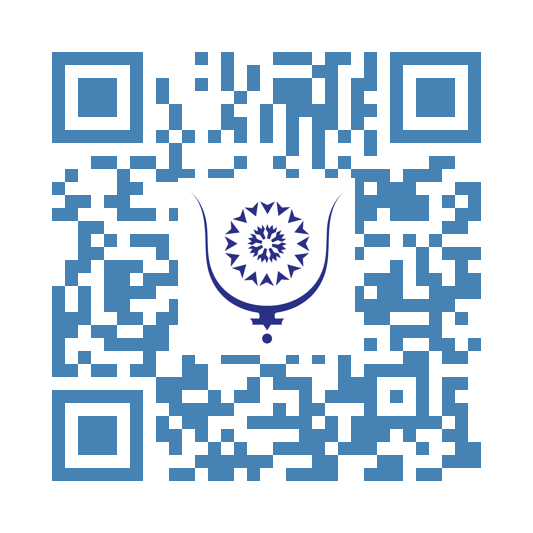John Bolton and His Controversial Op-Ed Against Morocco: Hostility with Troubled Roots... 3292
John Bolton, former U.S. National Security Advisor under Donald Trump, has just published an op-ed in the Washington Times, notably favorable to the Polisario thesis and thus to the Algerian position. The text recycles arguments Bolton has already put forward in the past. He notably defends the outdated idea of a self-determination referendum and accuses Morocco of obstructing the implementation of UN resolutions. It should be recalled once again that the referendum proposal, which Morocco had put forward in Nairobi, has been obsolete and abandoned by the Security Council since 2007; as for accusing Morocco of hindering the process, this is simply false in light of the UN resolutions over the past 20 years.
Bolton lies, and he knows it. He is accustomed to it.
How can one not think that this is clearly an attempt by this forgotten figure of history to regain relevance, a will to manipulate public opinion, but above all an intention to harm by pleasing the enemies of the Kingdom.
This position strangely fits, without surprising, into the continuity of the official rhetoric of the Algerian military junta, the main supporter of the Polisario. It is a blatant alignment and rapprochement that raises questions about Bolton’s integrity. Let us just recall that Bolton was abruptly dismissed by Donald Trump in 2019, officially for strategic disagreements, but according to some observers, also due to questionable connections.
Regarding the matter concerning the Kingdom, Bolton regularly frequents Algiers and collaborates with well-paid Algerian lobbyists such as David Keene, former NRA president, engaged in defending the Algerian cause in the United States. This closeness fuels suspicions of a relay role for Algerian interests, aiming to influence American policy.
Nothing to be proud of for the jubilant military junta. It is used to contradiction and blunt communication turning the slightest detail into a victory. Bolton no longer counts and has no impact. In his rhetoric, Algiers pretends to ignore that the same Bolton supports the use of force against Iran, Algeria’s strategic ally. Iran, which the Algerian president will soon visit... It is also this same Bolton who pushed for the transfer of the U.S. embassy from Tel Aviv to Jerusalem... A strange supporter of the Palestinians to take one of their enemies as a reference.
Bolton’s article fits into a morbid continuity. He shamelessly and unashamedly tries to discredit Moroccan policy and its growing influence on the international stage while defending separatism. He ignores the terrorist nature of the Polisario, opposing an entire faction of Republicans with Joe Wilson as spokesperson. The latter is logically pushing for a vote very soon in the U.S. Congress on a law designating the Polisario as a terrorist organization.
Paradoxically, Bolton’s desperate offensive comes at a time when Morocco is achieving major diplomatic successes. The Kingdom has recently further strengthened its ties with several African countries, Kenya being the latest example. Thanks to its autonomy plan for the Sahara, widely recognized and supported by the international community, Morocco is reaping success after success.
The vote on the latest Security Council resolution on the issue shows that even countries that once voted out of ideological principle against anything favorable to Morocco no longer do so, quite the opposite. Moreover, the closure of the Polisario Front’s office in Damascus illustrates Morocco’s growing influence in the Middle East. Thus, unanimity is almost reached in favor of Morocco at the Arab League today, with the obvious exception of Algeria alone, perfectly isolated, even neutralized and weakened in everyone’s eyes.
At heart, Bolton’s op-ed seems intended to soothe the wounds of Algiers and the separatists, who are losing ground to Morocco’s assertion.
The autonomy plan proposed by Rabat is increasingly endorsed on the international stage, while the Polisario sees its influence diminish. It is becoming inaudible and has no other escape than to cling to a few fringe extremist demonstrations here and there. This stance therefore appears as a last gasp from a retreating camp. Lacking any real leverage to influence American or global policy, Algiers and the separatists quench their thirst by drinking the words of marginal figures without substance.
To better understand this posture, it must be recalled that John Bolton is a controversial figure in American politics, known for his ultra-conservative positions and aggressive foreign policy approach, often described as neoconservative. His dismissal in 2019 was marked by major disagreements with the Trump administration, but also by suspicions of dubious connections with certain foreign circles. Bolton is suspected of involvement in several controversial international operations, including organizing coups d’état, reinforcing the image of a man with brutal methods and strongly marked convictions.
In sum, John Bolton’s recent op-ed in the Washington Times illustrates a persistent hostility towards the Kingdom by a fading figure; a pontiff driven by an outdated political vision. The signatory’s stance is disconnected from current geopolitical developments. It once again shows that Algiers, through its parrot media, is ready to cling to any nonsense, provided it fits its outdated narrative. Above all, it highlights the irreversible decline of the Polisario and Morocco’s growing success on the international stage.



